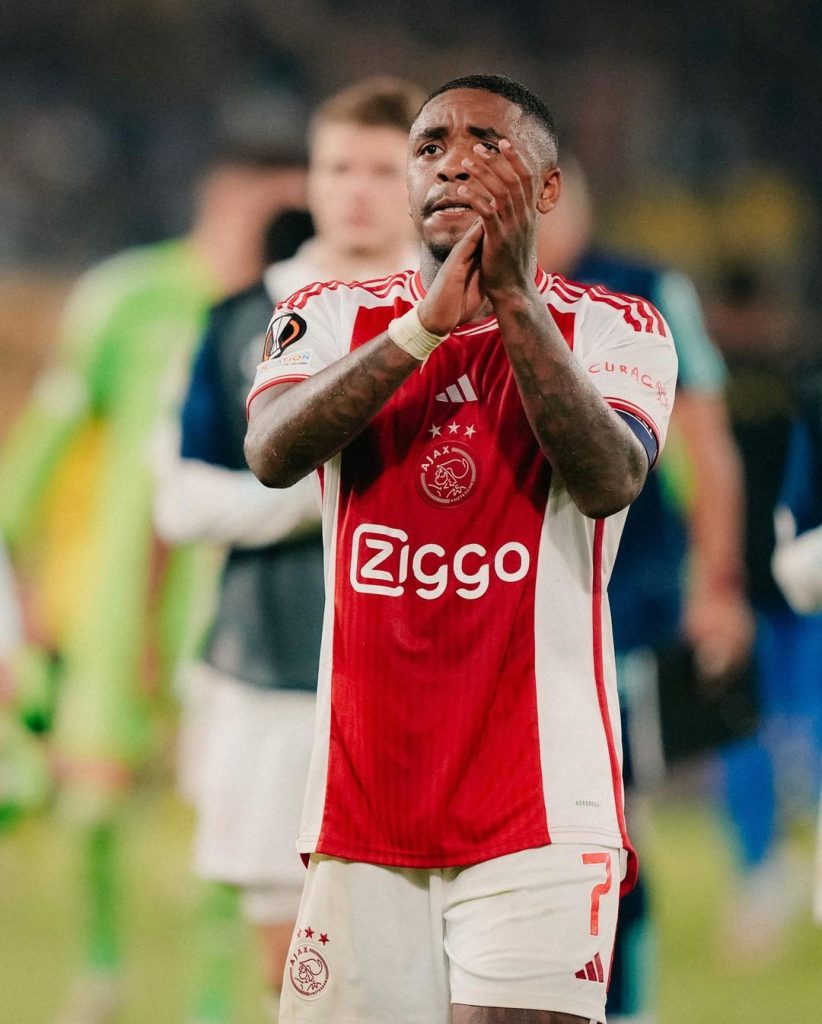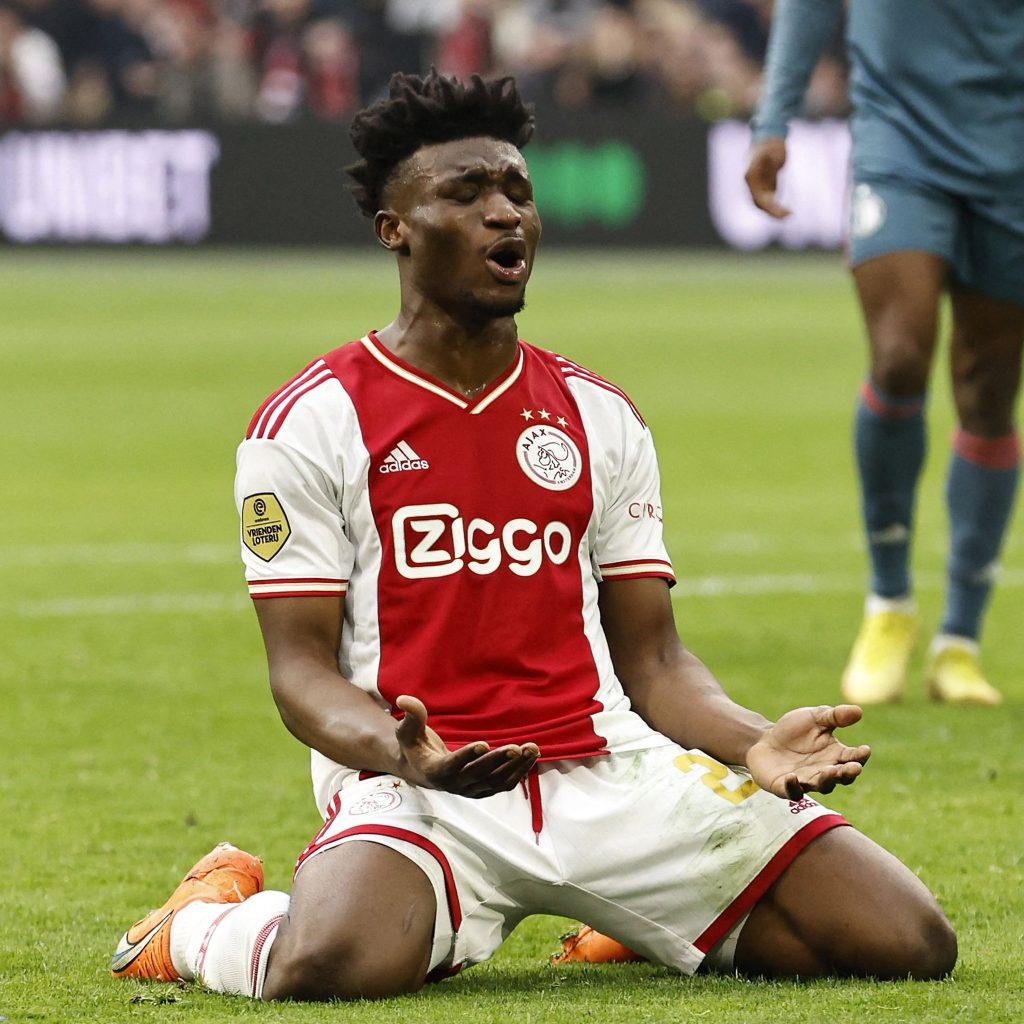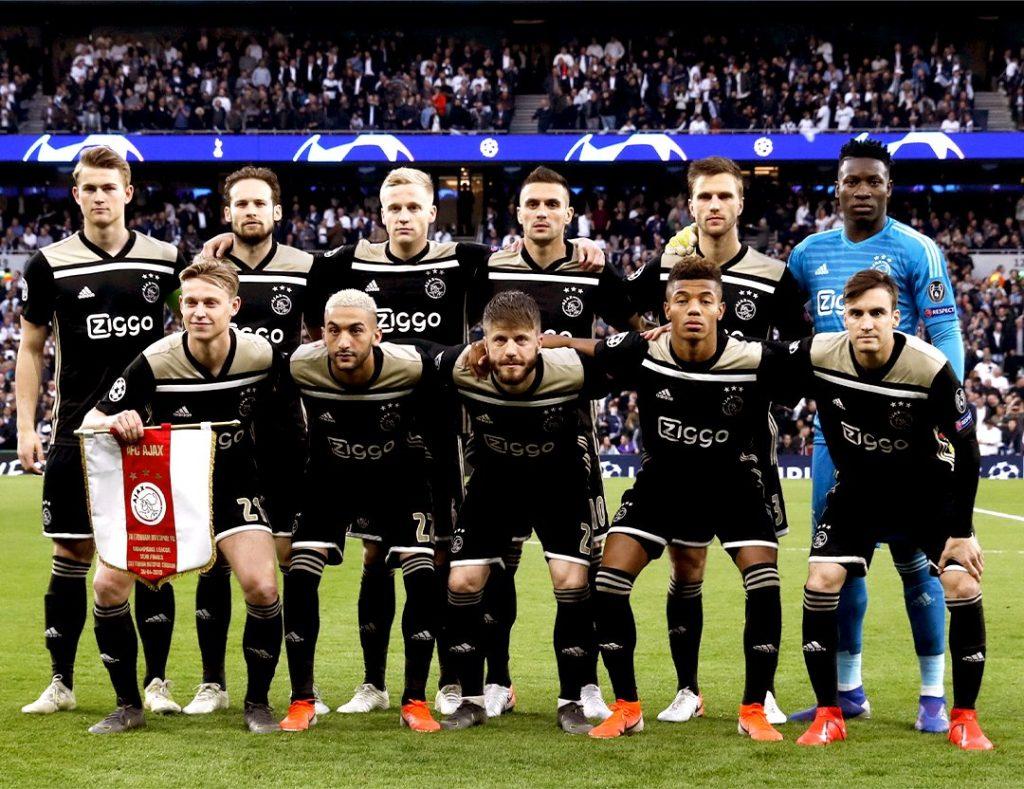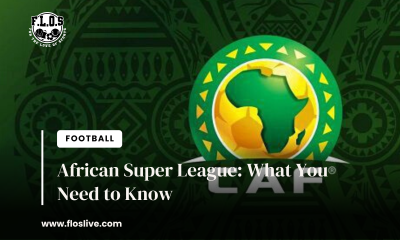
A glance at the current standings across top football leagues in Europe evokes a sense of disbelief as formidable teams find themselves navigating the treacherous waters of relegation.
Numerous clubs, boasting rich histories and generations of domestic triumphs, are now embroiled in a desperate struggle for survival at the lower end of the table.
Regrettably, this isn’t an isolated occurrence; rather, it seems to be a collective challenge affecting a multitude of elite European clubs simultaneously. As the icy spectre of relegation tightens its grip, and the prospect of the end of their dynasties looms large, these once-mighty clubs are poised to endure what appears to be a synchronised decline down the league standings.
In light of this alarming trend, FLOS undertakes an extensive look to unravel the factors contributing to the downfall of these once-great footballing institutions.
Ajax
The recent troubles plaguing the Amsterdam-based club are encapsulated in the humiliating defeat against Feyenoord, marked by three unanswered goals in the first half and ensuing chaos among the home crowd. The situation escalated to the point of the game’s abandonment, with flares and projectiles raining down on the turf and some determined supporters infiltrating the stadium’s main reception.

Amidst this early-season distress, a subsequent 4-3 loss to Utrecht solidified the team’s worst run of form since 1954. Stranded in the relegation zone, Ajax severed ties with sporting director Sven Mislintat amidst allegations of questionable transfer dealings. In a desperate attempt to reverse their fortunes, the club enlisted the services of legends Louis van Gaal and, more recently, Danny Blind. Additionally, Ajax parted ways with manager Maurice Steijn barely five months into his tenure in October, replacing him with John Van’t Schip.

Analysing the Dutch club’s downfall reveals a traceable link to the ironic financial might wielded by Ajax. The situation is deemed a colossal failure, with many pundits attributing the blame to years of misguided transfer decisions. While Ajax traditionally profited from selling homegrown talent, recent turnovers have been exceptionally high, and the replacements have failed to deliver.
Key transfers this summer included Dutch international defender Jurrien Timber to Arsenal for ₤42 million, alongside the departures of Mexican midfielder Edson Alvarez and Ghana’s Mohammed Kudus to West Ham for ₤38 million and ₤43 million, respectively. The previous year witnessed Ajax parting ways with Argentine star Lisandro Martinez and Brazilian winger Antony, both heading to Manchester United alongside highly successful manager Erik ten Haag.

Unfortunately, all of the players brought in as replacements for the departing bunch have yet to live up to expectations. The 36-time Dutch champions are additionally grappling with a defensive crisis, largely due to a multitude of injuries affecting their goalkeeping department. As of now, Ajax has conceded 24 goals this season while only managing to score 21.
Ajax finds itself in a financial mess with substantial unspent money. Despite attempting to adhere to their policy of trusting homegrown talents, the Eredivisie club may be sliding down to the Eerste Divisie next season, given the dearth of quality currently experienced in their academy.

It’s worth noting that none of Ajax’s memorable 2019 Champions League semi-final starting XI remain with the club, adding to the sense of a team in disarray.
Lyon
Once synonymous with triumph in French football, Lyon currently grapples with a multifaceted crisis. The team’s inaugural win of the season in Gameweek 11 of Ligue 1 serves as a poignant illustration of the profound downturn plaguing the club.

This present predicament starkly contrasts with Lyon’s illustrious past. Between 2002 and 2008, the club clinched an impressive seven consecutive league titles. However, the team now faces challenges in form and consistency, enduring their most challenging period since the beginning of the century.
The sale of key players in the transfer window including Moussa Dembele and Bradley Barcola influenced the poor start experienced under former manager Laurent Blanc who was dismissed in September.
The club’s ultras who were very much concerned with the poor run of form expressed their discontent, particularly after a 4-1 defeat to PSG in Blanc’s penultimate game.

Lyon currently languishes in 20th place in Ligue 1, encapsulating the gravity of their ongoing crisis. Beyond on-field struggles, the club grapples with off-field turmoil. A legal dispute between the current owner, American businessman John Textor, and former owner Jean-Michel Aulas regarding the club’s sale to Textor’s company, Eagle Football Holdings LLC, has created uncertainty. Additionally, the DNCG, French football’s financial watchdog, is scrutinising Lyon’s transfer activities.
The off-field crisis experienced by Les Gones seems to have significantly impacted the team’s effectiveness in front of goal. Lyon has only scored nine times and conceded a staggering 19 goals, in contrast to the same period last season when, under then-manager Peter Bosz, the team had found the back of the net 22 times, although their defensive record wasn’t any better.
Despite the gloom, a glimmer of hope persists for this fallen giant. The team, featuring talents like Ryan Cherki and top scorer Alexandre Lacazette, has shown glimpses of potential.

However, Lyon must address defensive issues and seek consistency to reclaim their former glory. The upcoming match against high-flying Lille may be a tough test for new manager Fabio Grosso, but considering the club’s dire need for a remedy, a potential victory cannot be underestimated. Such a win could serve as a confidence booster and secure crucial points for Lyon.
Sevilla
Sevilla have had a disappointing start to the 2023-24 season, having won just three of their 18 matches in all competitions.
They currently sit in 13th place in La Liga but could fall even further down the table when club football resumes, judging by their current trajectory.

Despite the appointment of former Uruguay manager Diego Alonso on October 10th, little has changed, and the gloom at the Ramon Sanchez Pizjuan gets even more palpable by the day.
Sevilla’s form is a far cry from that of the end of last season, which saw them pull away from the relegation battle in La Liga, while also winning the Europa League for a record seventh time. Jose Luis Mendilibar worked wonders when he first took over as head coach, but that magic ran out, and he was shown the exit.
However, how did Sevilla, who reached the lofty heights of winning the Europa Leagues in record fashion, struggle to secure three victories in 18 appearances?
The recent run of poor recruitment is obviously noteworthy, given former sporting director Ramon Rodríguez Verdejo, popularly known as Monchi, is regarded as one of the best transfer market operators in world football.

However, many of his signings since the summer of 2020 have just not worked out, including, Oscar Rodriguez, Oussama Idrissi, Rony Lopes and Karim Rekik.
Moreover, there was a notable shift in transfer policy, with the club realising the post-Ronaldo and Messi era in La Liga offered them a unique opportunity to win the title.
Consequently, Sevilla began to invest in more experienced players, such as Papu Gomez, Thomas Delaney, Ludwig Augustinsson, Erik Lamela, Anthony Martial, Tecatito Corona and Isco Alarcon.
This resulted in a significant increase in their wage bill, and this became a big problem last season when they were dumped out of the Champions League at the group stage.
Sevilla’s poor form can also be attributed to the somewhat forced sale of Diego Carlos £26m and Jules Kounde €50m, to Aston Villa and Barcelona, respectively, just to balance the books.
Sevilla’s problems on the field are obviously related to their issues off it.
As reported by The Athletic, there was a reported power struggle at the boardroom level, with former President Jose Maria del Nido trying to reclaim control of the club from current President José Castro Carmona.
When he first re-emerged on the scene, the supporters viewed Del Nido, who is the club’s biggest shareholder, as a destabilising figure, and a most unwelcome one at that, given he had spent time in prison for embezzlement.
Remarkably, though, some fans would now welcome his return as president, which arguably tells you everything you need to know about just how bad a position Sevilla now finds themselves in.
However, despite Del Nido settling for the Vice President role, little has changed, and their lacklustre draw against city rivals Real Betis sums up the ongoing struggles of the club.
It is also noteworthy to emphasize that the numerous underperforming attackers signed by the Andalusian club in recent years have not lived up to the high expectations set for them.

Although Sevilla’s record of 17 goals conceded is surpassed by only seven of the 19 other teams in La Liga, the Europa League champions’ sharpness in front of goal has raised many questions.


Must See
-


Basketball
/ 4 months agoWho Will Define the Next Generation of the NBA?
We are in a new era of basketball, centered around high volume of 3-point...
By Samson Osaze -


Flos Live
/ 4 months agoFLOS’ FIVE: Unforgettable Moments from the ‘Happy Slam’ Downunder
The Australian Open, often affectionately dubbed the “Happy Slam” in the eloquent words of...
By Samson Osaze -


American Football
/ 4 months agoFLOS’ Five: Super Bowl LVIII Predictions
The 2023/24 NFL season brimmed with captivating storylines, breakout stars, struggling favourites, and unexpected...
By Samson Osaze -


Football
/ 2 years agoAfrican Super League: What You Need to Know
The President of the Confederation of African football (CAF), Dr. Patrice Motsepe announced the...






